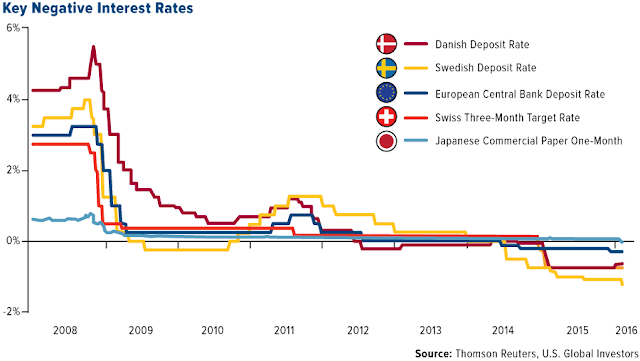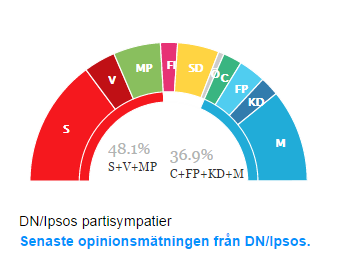Swedish Election 2018
 |
| Opinion poll for August 2018. Social Democrats (S), Left party (V), Green party (MP), Moderate party (M), Liberals (L), Centre party (C), Christian party (KD), Sweden democrats (SD), Feministic party (FI), Other (Ö). Source: val.digital |
The five most important issues to voters in the 2018 election are: health care (44%), education (26%), immigration (25%), law and order (24%), and environment (23%) according to a poll in the newspaper Daily News (DN, 2018).
That environment/climate change is now one of the five top issues for voters this election is due to the extreme heat, droughts and massive wildfires this summer. The extreme weather this summer hit farmers really hard and exposed the governments lack of quick and effective response to natural catastophies. The heat dome over Scandinavia from May to June this summer has strong connections to climate change and a broken, stuck jet stream.
Such extreme weather (heatwaves, droughts, floods) is now part of the new norm. Something many people thought was years away or naively believed wouldnt happen here in the far north. It has shocked both scientists and ordinary people and made it an important issue for the election.
Some of the better proposals for green investments come from the Green party and the Centre party, tax-switching from labor to polluting/consumption and investing in public transportation. However, adaptation efforts are way behind in Sweden and no party has proposed any solutions for that. Its basically up to each municipality to implement solutions and enhance preparedness. As such, some regions may be better prepared to handle extreme weather than others.
As for how the election turns out we still have to wait and se until 9th of September. An educated guess is that the Sweden democrats will climb to become the second largest party instead of the Moderate party. Similar to what has happened in the rest of Europe, the once maginal extremist nationalistic party becomes popular due to increased dissatisfaction and lack of real change. This is very unfortunate in many ways. Not only because their policies are non-scientific and mostly rubbish but it will also hinder further investments into climate change mitigation and adaptation.
Despite this summers extreme weather bringing the issue of climate change and managing our resources better to the top of the election it may turn out that not much will change or even become worse with a new government where the Sweden democrats have more power.
.png)














